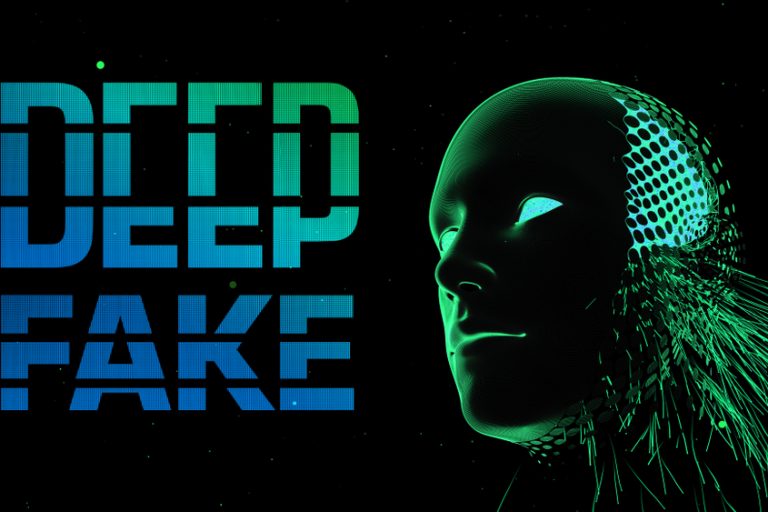My Three Cents

Ken Makovsky
Wednesday, December 4, 2019The Perils of Fakes
In my last blog, I focused on our profession’s fundamental task of advocacy and why it’s harder now than any other time before in the history of our business thanks to digital-age challenges.
Advocacy – which I defined as the championing of a point of view, message, or cause, on behalf of a client — was the theme of a speech I gave recently on this topic at PRSA’s International Conference. In my next few blogs I will share how five key challenges have transformed, or will transform, how we counsel our clients and how we advocate.
These challenges all have one thing in common – disrupting a company’s ability to tell its own truthful story, thereby negatively impacting reputations (especially if you’re not prepared).
Let’s start with Fake News – the one you may think you know the most about. Essentially, it’s news, stories or hoaxes created to deliberately misinform or deceive readers. Since my presentation, this issue continues to complicate advocacy. Witness the decision by Facebook to allow certain political ads to appear on its platform despite content containing disinformation. (As you likely know, competitor Instagram has taken the opposite action.)
I ask you to imagine a day when you – in your role as a communications professional – are sitting in the office of your client – Elan Musk, successful entrepreneur, founder and CEO of Tesla, maker of all-electric vehicles. His cellphone rings. He answers … turns pale … about something that could rock his world. A video was posted during 2019 consumer electronics shows, reporting that “Tesla S in autonomous mode ‘kills’ robot in hit and run at Las Vegas CES show.” The video appeared on the website of a reputable industry media outlet and went viral, with other media outlets.
The published story was fake. Tesla at the time it happened did not have a self-driving model on the market … at least not yet.
Three months after the fake story hit, NBC News published an online story headlined “Fake News Can Cause Irreversible Damage to Companies – and Sink Their Stock Price.” NBC cited Tesla as an example, retelling the fake video incident and stating possible theories behind why it happened. One was that the robot “was killed” as part of a publicity stunt created by a Russian firm that built the robot. The second theory came from some experts in the disinformation field that suspected the video “was a deliberate attack on the American Stock Market by foreign actors trying to undermine consumer acceptance and trust in self-driving cars and drive down stock prices of companies that make them.
Mr. Musk and Tesla’s board of directors must have been alarmed at the coverage given its strategic plans.
Six months after the fake news incident, the Washington Post reported Tesla planned to launch “full self-driving capabilities” to hundreds of thousands of cars through an over-the-air update by the end of this year. More recently, The Verge reported that Tesla may provide an early release of the “Full Self-Driving” feature to a limited number of customers.
The reality is that whoever was behind the fake news was disrupting the company’s ability to tell its own story – or perhaps trying to put a negative spin on its reputation.
Due to disinformation campaigns, companies are now trying to get ahead of the problem by hiring third-party firms, including public relations firms as well as cybersecurity consultants, to continuously monitor any fake news that might harm their share price. Wise move, I’d say. But there’s more to worry about than share price.
Consider how a fake video might disrupt the company.
First, public confidence in the product, company and/or management is undermined.
Second, corporate reputation may take a serious blow that can take months, if not years, to recover.
Third, the fake video interferes with your marketing objectives.
As advocates, we must be prepared and ready to encounter such disruptions. Are we?
If you think fake news is tough, its relative “Deepfakes” adds steroids to the problem.
More in the next installment of My Three Cents.












